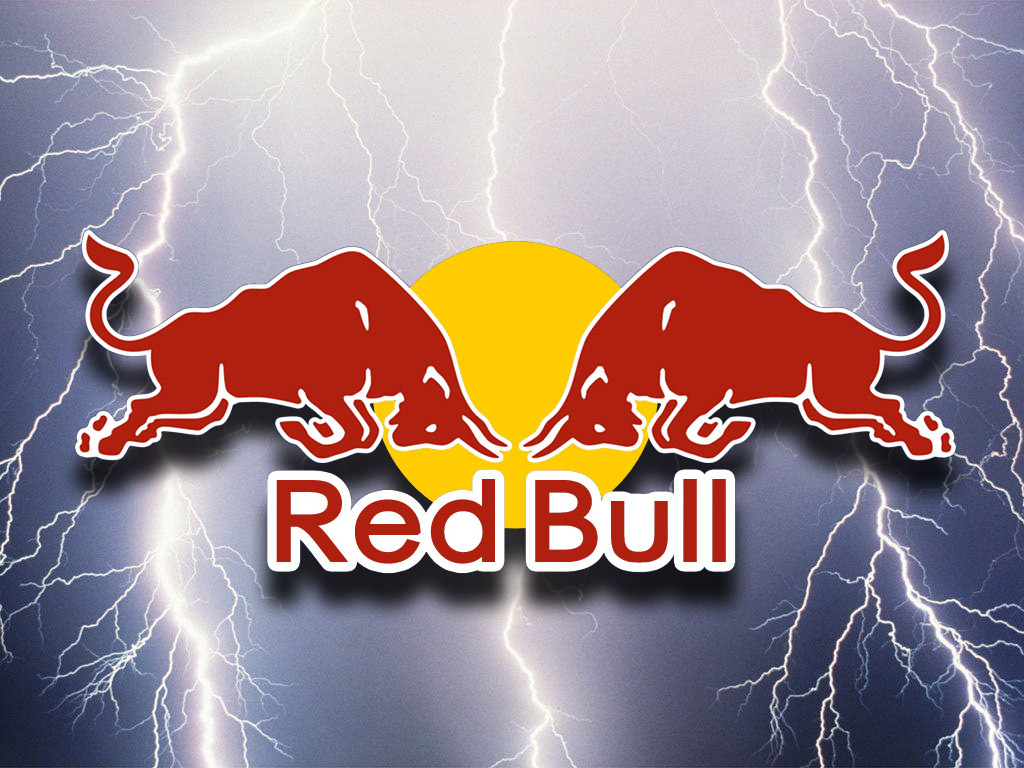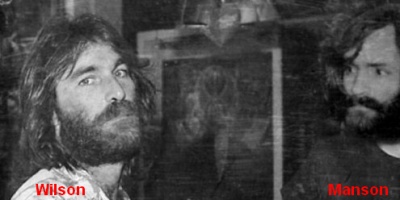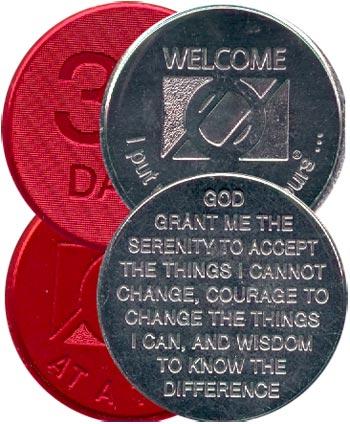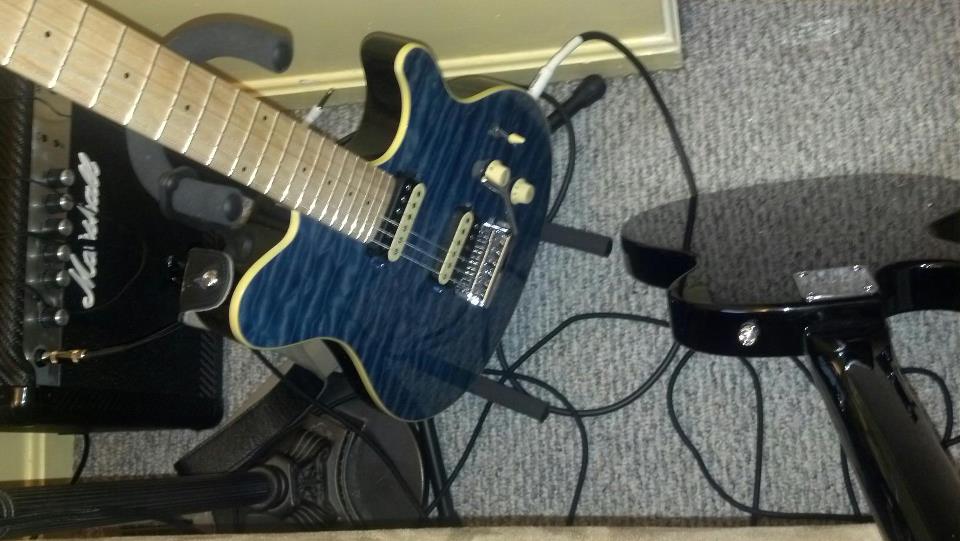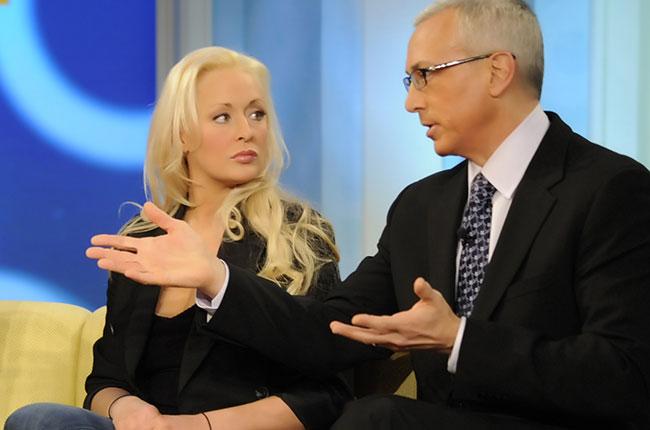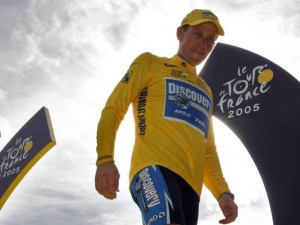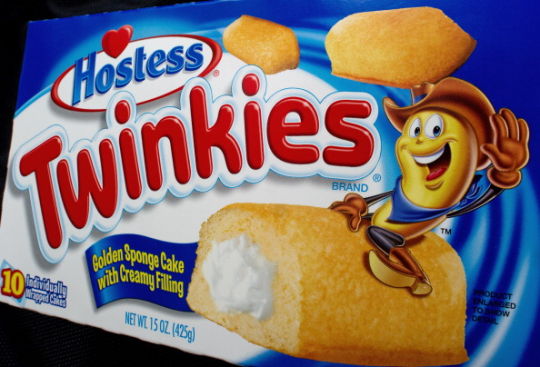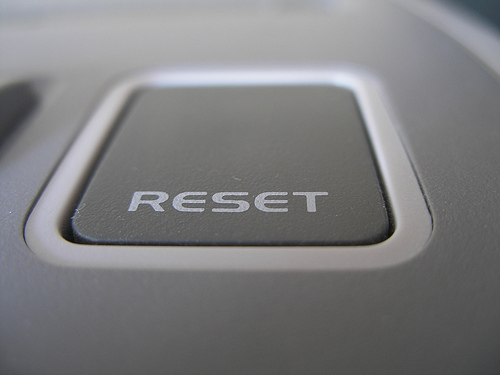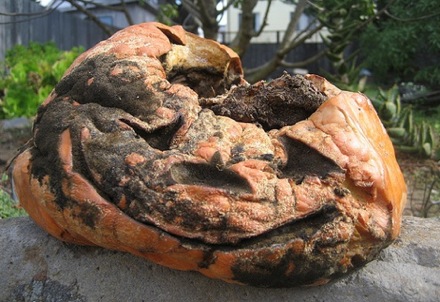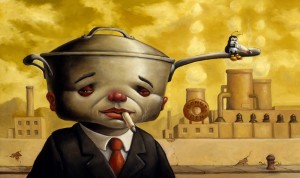I’m an avid consumer of sugar-free Red Bull and have been known to down more than one can a day. I see it as one of the only vices I have left after quitting booze, flour and sugar a few years back. So when I saw online protests about the government looking to regulate the sale of such energy drinks, I balked.
Mood music:
I was originally going to write a post blasting government for trying to control us yet again. Then I read about ER visits skyrocketing and children dying. According to ABC News:
Fourteen-year-old Anais Fournier of Hagerstown died in December of 2011 after drinking two 24-ounce Monster Energy drinks. Her family is suing that company. Fournier had a heart condition — her family’s attorney, Kevin Goldberg, tells ABC-2 News one problem is that many children are too young to have ever gotten that diagnosis. And consuming highly-caffeinated beverages is like pouring gasoline on a fire they don’t even know is there. The US Department of Health and Human Services found that in 2007, there were about 10,000 emergency room visits related to energy drinks. By 2010 that number doubled to 20,000.
As a confessed addict, I know it’s ultimately my choice whether to consume the stuff that drives me to madness. My addictive behavior has historically centered around binge eating. I started using wine as a crutch when I decided to bring the binge eating to heel. More than a year after quitting booze, I started smoking again to keep from taking a drink. And so the vicious cycle goes.
Today I cling to my caffeine and e-cigs. Not what one would call a solution, but I consider these the lesser evils of addiction.
The government can regulate food and drink all it wants. If you’re an addict hell-bent on getting your fix, you will find a way. That belief has driven much of what I’ve written about past efforts at regulation. But I’ve come to realize the bit about energy drinks is different.
Red Bull, Monster, Rock Star and other drinks are sold out in the open in any convenience store, right next to the Gatorade and Pepsi. There’s no age restriction on making the purchase that I know of. Energy drinks come in cans with cool, sleek artwork and color schemes, which attracts kids as a red cloth would attract a raging bull. That’s how you get deaths like that of Anais Fournier.
The government would be going way overboard if it decided to ban these drinks outright. But there are simple measures I think would be fair. For example:
- Put the energy drinks in the same refrigerated cases and sections as the alcoholic products.
- Sell them behind the counter, just like the tobacco products.
Those moves wouldn’t cut off my access to Red Bull. But it would control access to children, and I’m fine with that.
